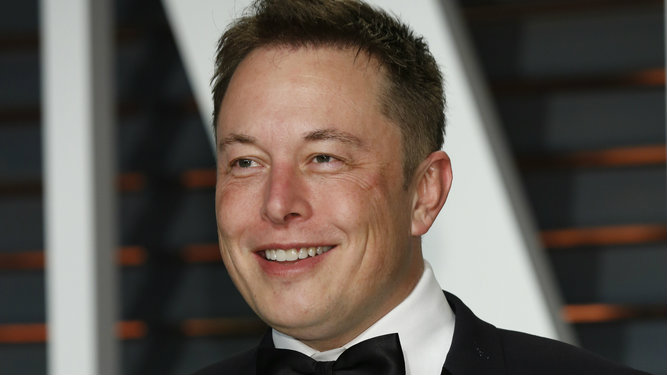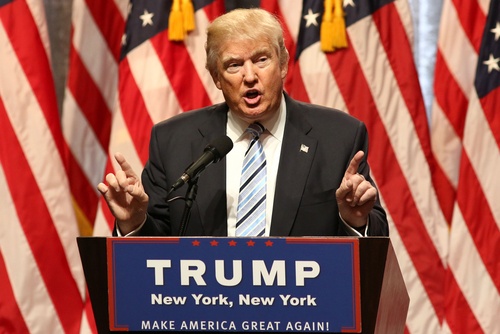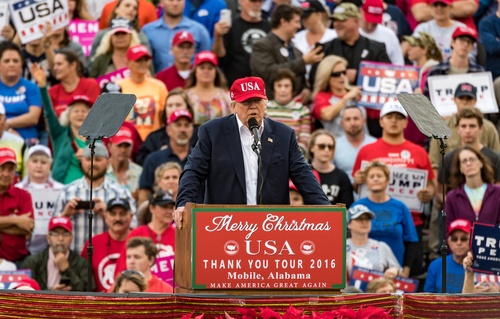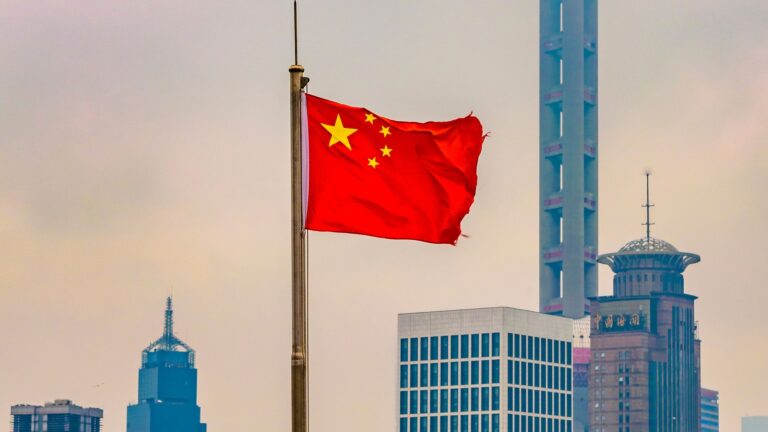Key Takeaways:
- President Trump accuses China of breaking a trade deal.
- Stock futures drop after Trump’s comments.
- Trade tensions between the U.S. and China escalate.
- This could affect global markets and everyday people.
- The situation is uncertain and could change quickly.
The Situation Explained
Early Friday, President Donald Trump made comments that caused a lot of concern in the financial world. He said China broke a handshake deal made earlier this month in Geneva. This deal was supposed to ease the trade standoff between the two countries. Now, Trump’s words have caused stock futures to drop, meaning investors are worried.
Why Does This Matter?
1. What Happened in Geneva?
Earlier this month, the U.S. and China met in Geneva, Switzerland. They agreed on some things to reduce tensions. This deal was seen as a positive step. It helped calm some fears in the markets. But now, Trump says China didn’t keep its promises. This brings back worries about a trade war.
2. What Did Trump Say?
Trump accused China of breaking the deal. He said China promised to buy more American products, like soybeans and other goods. If China didn’t follow through, it could mean that the trade talks are not going well. This worried investors and caused stock futures to drop.
3. What Do Stock Futures Dropping Mean?
Stock futures are like bets on how the stock market will perform. When they drop, it means investors are less hopeful about the future. If the U.S. and China can’t agree on trade, it could hurt businesses and the economy.
The Impact on You
How Does This Affect Everyday People?
You might not invest in the stock market, but what happens with trade deals can still impact you.
1. Higher Prices
If the U.S. and China impose more tariffs on each other, it could make things like electronics, clothes, and even food cost more. This is because companies might pass the extra costs onto consumers.
2. Job Losses
If businesses struggle because of tariffs, they might lay off workers. This could affect people you know or even your own job if you work in a related field.
3. Farmers and Exports
American farmers could lose sales if China doesn’t buy U.S. products like soybeans. This could hurt rural communities and the farming industry.
What’s Next?
No one knows for sure what will happen next. Trump’s comments have made things uncertain. If the U.S. and China can’t resolve their differences, we might see more volatility in the markets. If they reach a deal, things could calm down quickly.
Key Quotes:
- Trump said China needs to honor its commitments.
- He hinted at taking further action if China doesn’t comply.
- He also said the U.S. is in a strong position to negotiate.
The Bigger Picture
Why Trade Tensions Matter
Trade between the U.S. and China is a big deal. They are the world’s two largest economies. When they disagree, it can have ripple effects globally. This is why investors are so nervous when they hear about tensions.
Is There a Resolution in Sight?
Right now, it’s hard to say. Both countries have their own interests and priorities. The U.S. wants China to open up its markets and protect intellectual property. China wants the U.S. to ease tariffs and treat it fairly. Finding a middle ground hasn’t been easy.
What Do Experts Say?
Economists and political experts say this is a critical moment. Some believe that both countries will eventually find a way to compromise. Others worry that the situation could get worse before it gets better. One thing is certain: the next few weeks will be important in determining the direction of U.S.-China relations.
What You Can Do
1. Stay Informed
Keep an eye on the news. Trade deals can change quickly, and staying informed will help you understand how it affects you.
2. Plan Ahead
If you’re worried about prices going up, consider budgeting or stockpiling certain items. This could help if things get more expensive.
3. Support Your Community
If local businesses are affected, try to support them. Buying from local farmers or businesses can make a big difference.
The Bottom Line
President Trump’s comments about China breaking a trade deal have caused a lot of concern. Stock futures dropped, and investors are worried about what’s next. While the situation is uncertain, understanding the basics can help you stay informed and prepared. Whether you’re an investor or just a regular person, the outcome will likely impact you in some way. Stay tuned for updates as this story continues to unfold.









